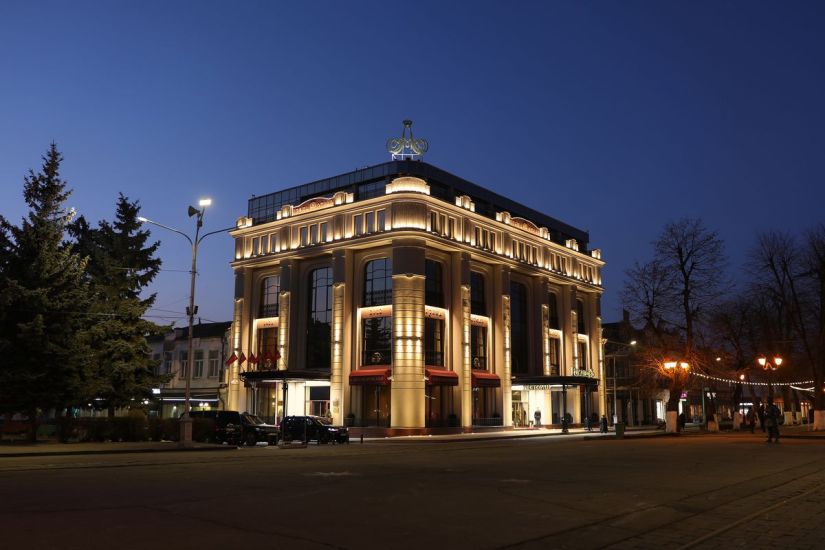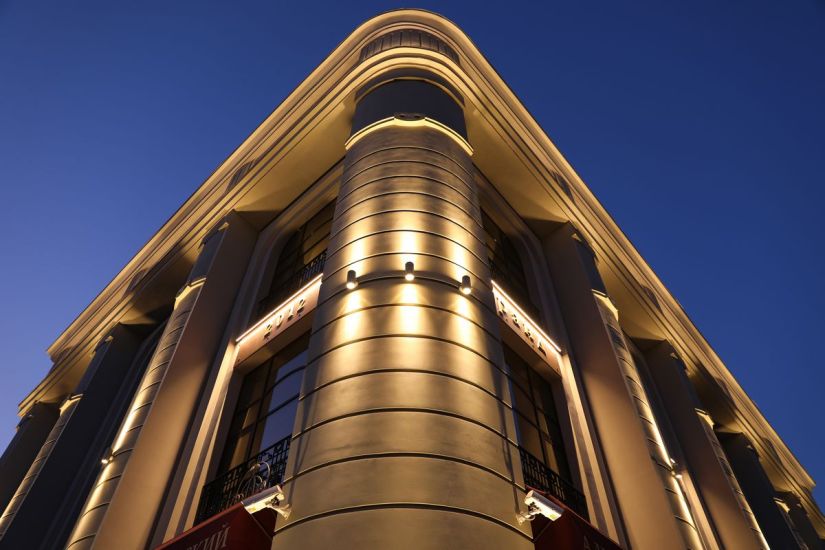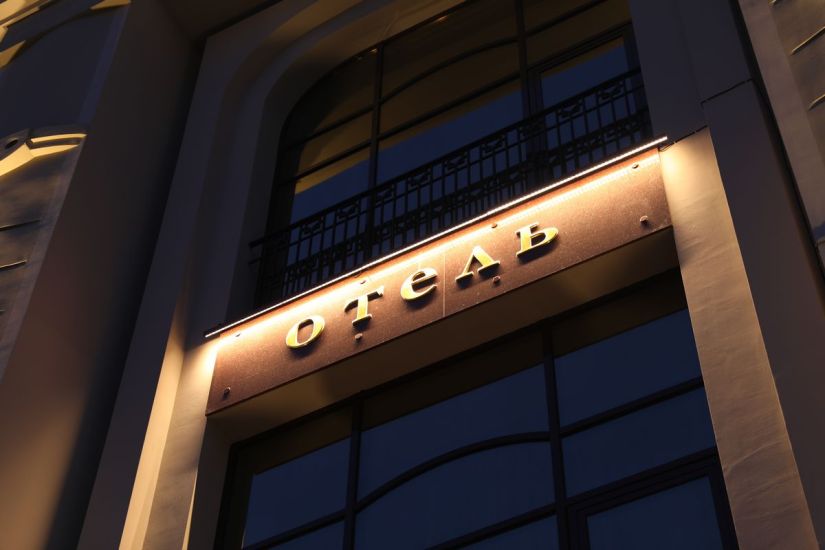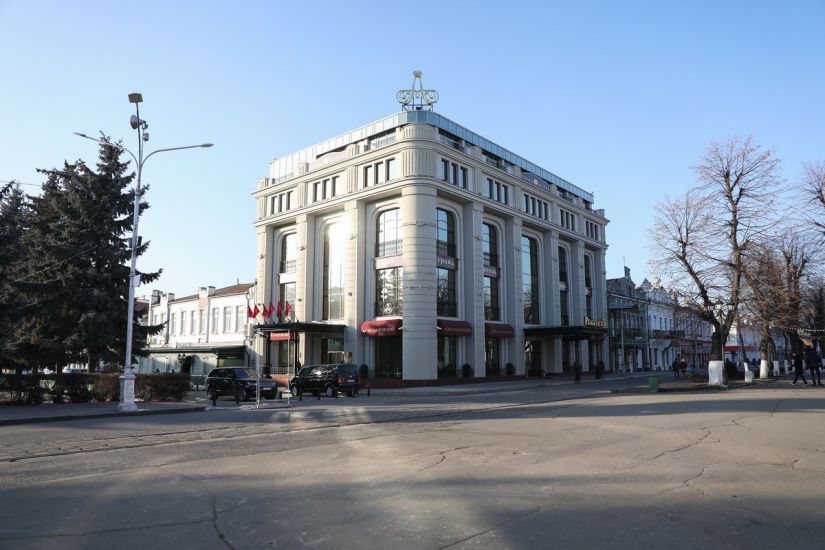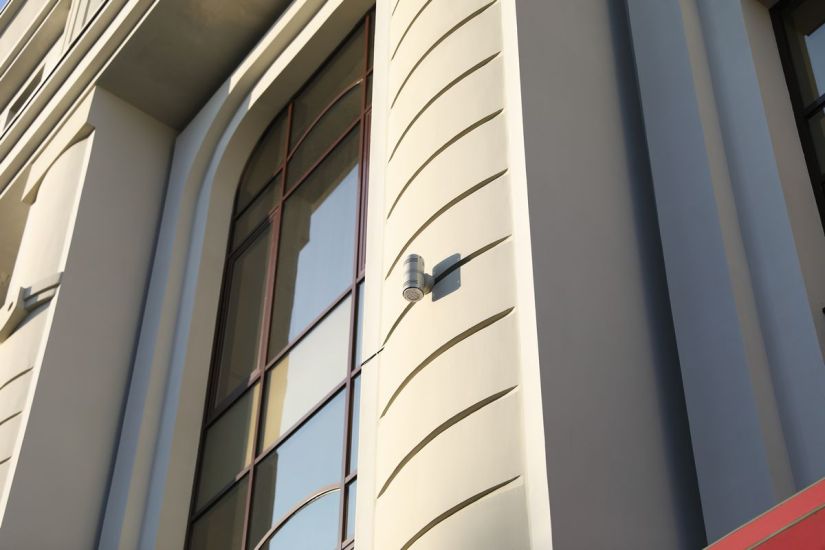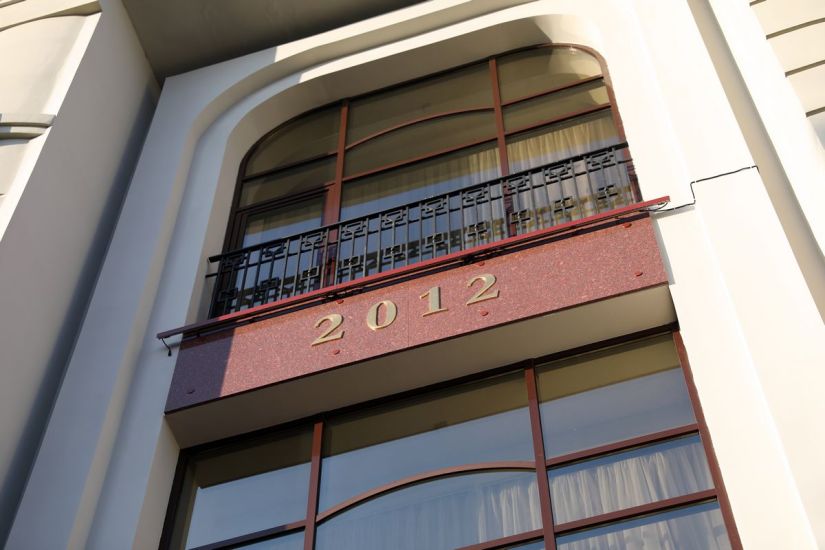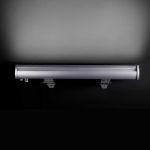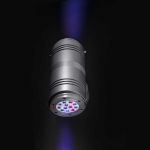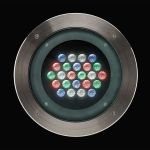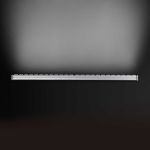About the project
Aleksandrovsky is a world-class hotel in the center of Vladikavkaz, the capital of North Ossetia. It is located in the former building of Detsky Mir store, which was built in 1936-1938 by the architect L. M. Nappelbaum.
Ideas and Tasks
The architectural lighting of the hotel emphasizes the classical style of the building and its status. At the same time, it has a minimal effect on the level of illumination inside the hotel to create a comfortable atmosphere for guests and staff. Several exclusive solutions in the project also provide visual comfort for passers-by.
In addition, the lighting design provides an option for the installation of a seasonal restaurant extension along the main facade. Even in this case, the general lighting image of the building in the evening stays complete.
Project implementation
Project designers chose white as the primary color of the equipment. It highlights the traditional historical appearance of the building and its significance.
For uniform floodlighting of the cornice, linear fixtures of the IntiLINE series were used.
An interesting accentuating solution was chosen to illuminate the hotel's pilasters. Bilateral projectors of the IntiTWIN series with an angle of illumination of 15° visually divide the pilaster into two parts, highlighting its shape. IntiGROUND series ground projectors at the bottom of the pilasters maintain an overall perception of the facade and a single level of vertical illumination from the observer’s point of view. Old ground level lamps used to be completely blocked by a summer restaurant and the facade partially disappeared in the dark. Thanks to the new IntiGROUND floodlights at the bottom of the pilasters maintain an overall perception of the facade and a single level of vertical illumination from the position of the observer.
The new location of the luminaires helps to maintain a complete lighting image at any time of the year.
IntiSLIM dimmable luminaires with oval optics and a protective shutter distinguished between window dams. This is done to eliminate spurious window illumination and provide maximal visual comfort for visitors. The body of the lamp is painted in the color of the die, which makes it invisible on the facade.
